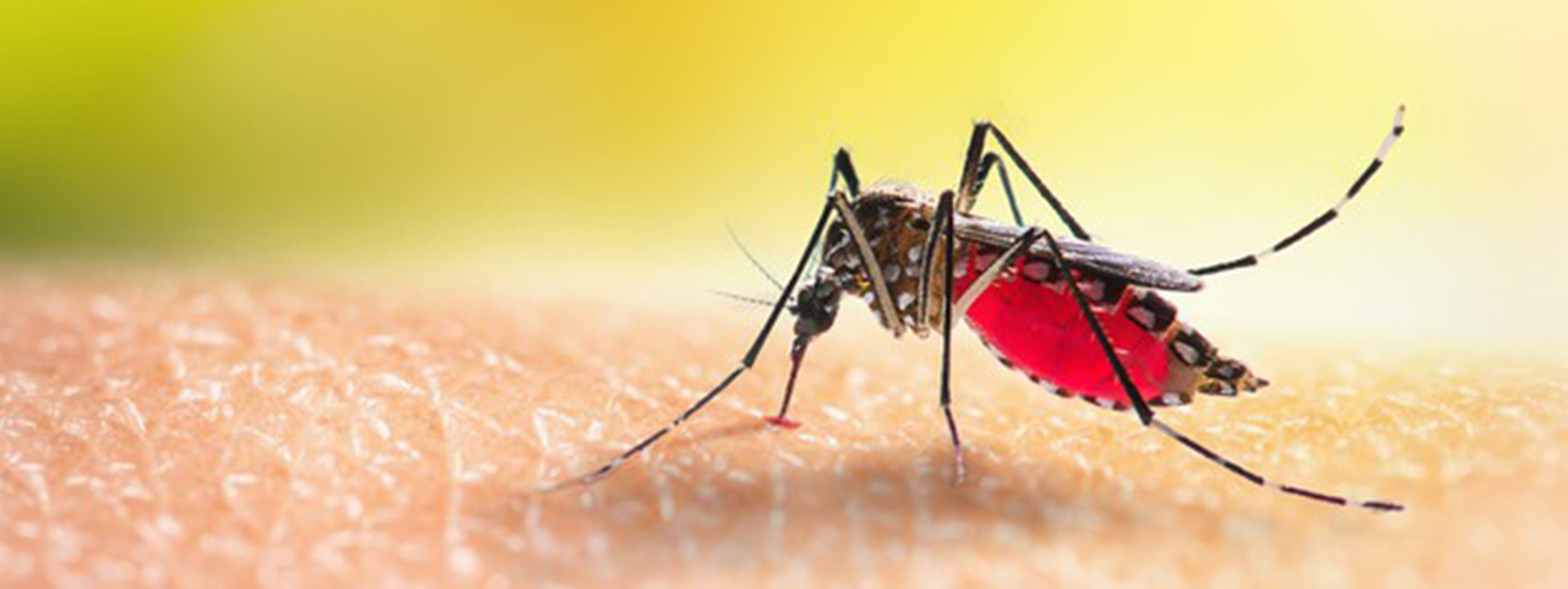 While some insects' lifestyle or appearance makes them rather endearing, mosquitos are almost universally scorned. Most people dread mosquito season because it inevitably leads to numerous itchy patches on their skin. Though you may not be very likable, it's a good idea to learn more about these biters and the impact they have on residents of Bridgewater. Consider several questions that may help you approach this year's mosquito season from the most informed perspective possible.
While some insects' lifestyle or appearance makes them rather endearing, mosquitos are almost universally scorned. Most people dread mosquito season because it inevitably leads to numerous itchy patches on their skin. Though you may not be very likable, it's a good idea to learn more about these biters and the impact they have on residents of Bridgewater. Consider several questions that may help you approach this year's mosquito season from the most informed perspective possible.
 While some insects' lifestyle or appearance makes them rather endearing, mosquitos are almost universally scorned. Most people dread mosquito season because it inevitably leads to numerous itchy patches on their skin. Though you may not be very likable, it's a good idea to learn more about these biters and the impact they have on residents of Bridgewater. Consider several questions that may help you approach this year's mosquito season from the most informed perspective possible.
While some insects' lifestyle or appearance makes them rather endearing, mosquitos are almost universally scorned. Most people dread mosquito season because it inevitably leads to numerous itchy patches on their skin. Though you may not be very likable, it's a good idea to learn more about these biters and the impact they have on residents of Bridgewater. Consider several questions that may help you approach this year's mosquito season from the most informed perspective possible.

